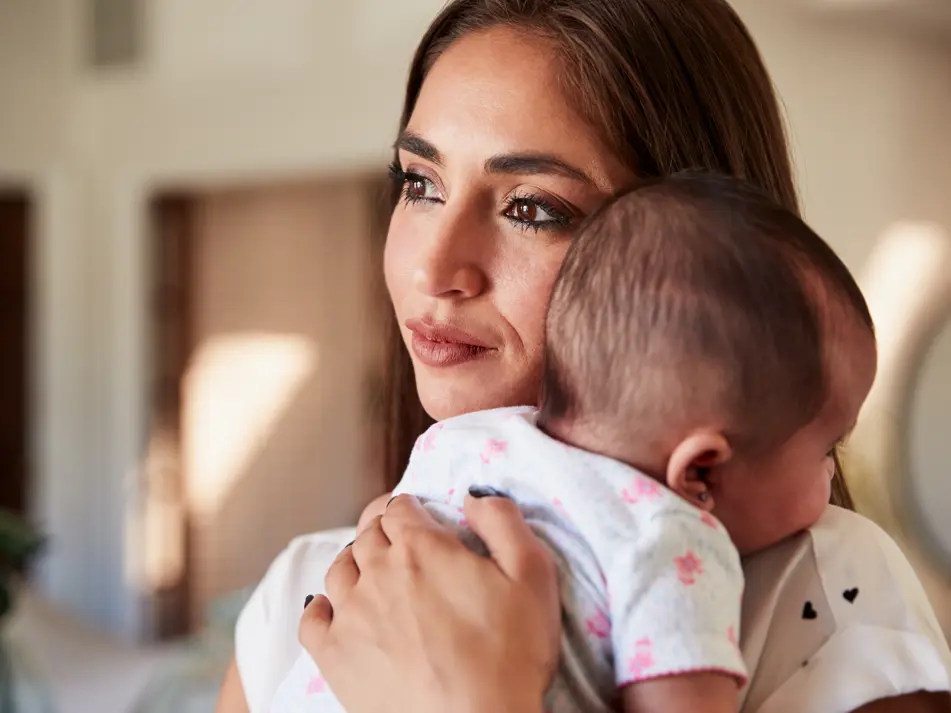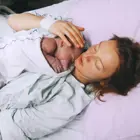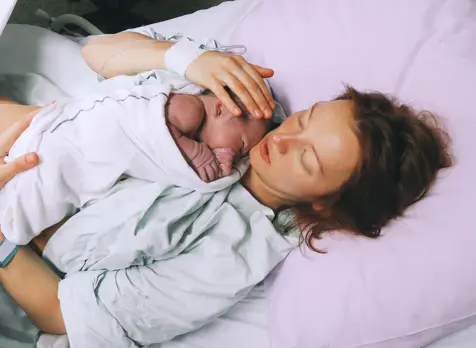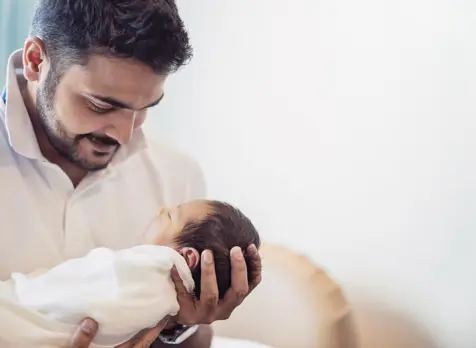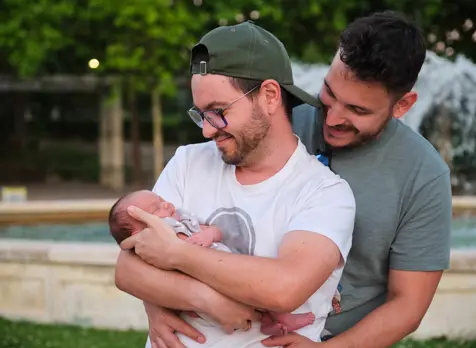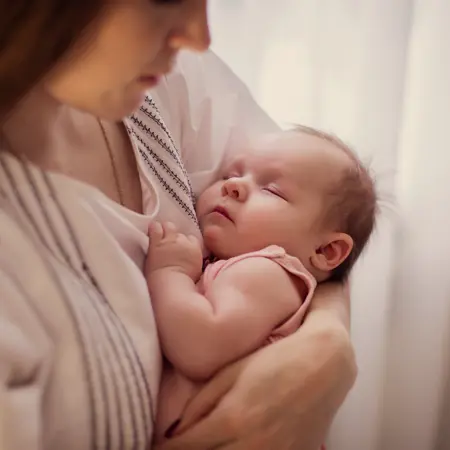If I get more sleep, will I get better without help?
The answer to that question is as different as the people who have postnatal depression.
What we know is that early support is better than waiting and delaying the start of your recovery. If you can speak to your health professional early about how you are feeling, they can check for low iron and other reasons that you may be experiencing postnatal depression.
Your medical professional can ask you some brief questions to see if you have mild, moderate or severe symptoms. Moderate to severe symptoms will benefit from some intervention, such as seeing a counsellor and/or considering some medication to help speed up the process of recovery.
Mild symptoms most often improve by speaking to a counsellor. The sooner you seek help, the sooner you will start feeling better. A mental health professional can also help you recognise the signs that you were becoming depressed and find ways to improve your overall mental wellbeing to stay well.
Does my postnatal depression affect my baby?
The good news is that postnatal depression can be treated and have you back on the path to enjoying parenthood and delighting in your baby.
Research has shown that your baby’s first 2000 days of life – up until five years of age and including the time in utero - is a time of huge growth and development with 90% of your child’s brain growing during this time.
A high quality, strong emotional attachment with you has a positive impact on your child’s mental health, and their physical and social development.
Parental depression can interfere with your ability to develop a strong, healthy attachment with your child. However, identifying early that you’re struggling and seeking help allows you to receive the care and treatment you need to return to health and focus on your child during those first 2000 days.
Babies and young children delight in your attention, such as when you are talking to them, playing, and giving cuddles. These interactions support your baby to learn about their emotions and relationships to give them the best possible start in life.




































